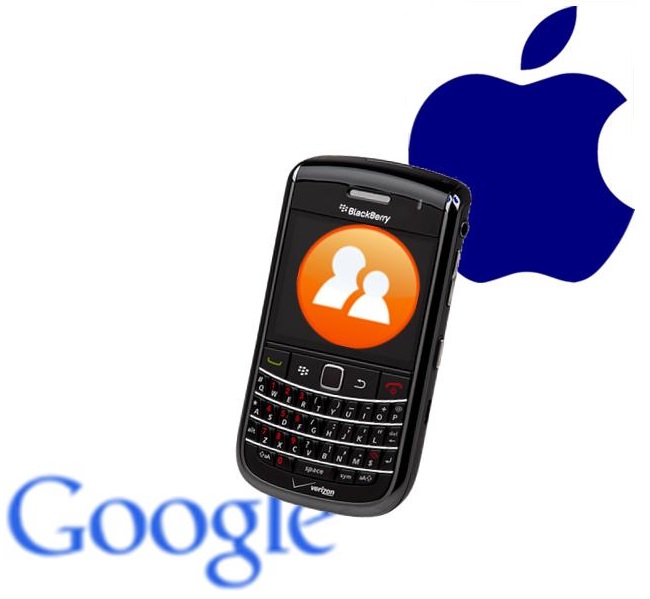Mobile commerce adoption is being slowed by numerous issues
The RetailNet Group, an advisory firm focused on the retail industry, recently attended the Money2020 conference in Las Vegas, Nevada, where it shed some insight on the trends emerging in the mobile space. At the conference, the firm helped raise awareness of the problematic issues that exist within the mobile space, especially where retailers are concerned. Some of these issues are slowing the adoption of mobile commerce among consumers and are making people leery of marketing initiatives that leverage geotagging and other such location-based technologies.
In-store applications lack traction with consumers
When it comes to mobile commerce, many retailers have been working to promote a wide range of applications that can be used in stores. According to the RetailNet Group, these applications are somewhat popular when they are first released, but more than a quarter of these applications are downloaded once and never used beyond that point. In the U.S., retailers are struggling to find traction with consumers when it comes to using these applications, but these applications have become a resounding success in China, where mobile commerce has established a strong foothold among consumers. The firm suggests that the applications that show the most promise are “scan and go” apps that allow consumers to skip lines at checkout.
 Geotargeting considered problematic by many people
Geotargeting considered problematic by many people
Geotargeting is becoming relatively popular in the mobile space. Location-based services hold a great deal of promise for marketers and their ability to develop engaging campaigns, but many geotargeting initiatives are being considered somewhat invasive by consumers. The RetailNet Group suggests that many of these initiatives are acquiring information about consumers even without appropriate permission. The firm claims that people, in general, do not favor their information being acquired by companies and organizations without their permission.
Google struggles on the mobile commerce front
On the mobile payments front, Google continues to struggle with engaging consumers through its Wallet platform. The firm suggests that many people do not consider Google to be a mobile commerce company. As such, they show little interest and confidence in Google’s capabilities in the mobile commerce field. Google is, however, doing quite well in terms of e-commerce, providing retailers with innovative ways to engage the mobile crowd.

 The unveiling of the apps for other smartphones came directly after the company launched yet another smartphone device into the marketplace. It also revealed that it would be laying off 4,500 employees, as the company flounders in losses from a lack of sales.
The unveiling of the apps for other smartphones came directly after the company launched yet another smartphone device into the marketplace. It also revealed that it would be laying off 4,500 employees, as the company flounders in losses from a lack of sales.